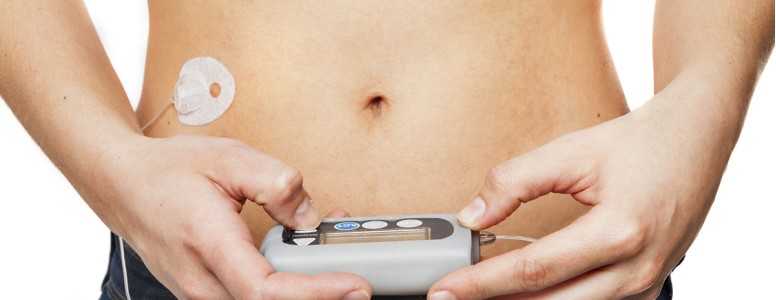Specialists in diabetes health teams are blocking access to diabetes technologies which could significantly improve people’s lives.
Dr Partha Kar, NHS England’s National Specialty Advisor with a specific focus on type 1 diabetes and technology, has criticised the level variation of access to technology across the country.
Speaking at a Westminster Health Forum on diabetes and technology, he said: “Pumps are a legal mandate. If you fit the criteria you should get it.”
Dr Kar is joint lead for diabetes for the NHS Getting it Right First Time (GRIFT) project. GRIFT is a programme that has been introduced to improve the quality of care within the NHS. Dr Kar has worked as significant bridge between the needs of people with diabetes and NHS management.
Statistics from an ongoing audit of 91 NHS trusts show a substantial difference in access to diabetes technology across different trusts.
Dr Emma Wilmot, a consultant diabetologist and founder of the Diabetes Technology Network UK, states: “We have some places where less than 5% of that population [patients with type 1 diabetes] are on a pump. We have some centres where more than 40% wear a pump. There is completely inequitable access to care, and we urgently need to address this.”
Dr Kar adds that some diabetes specialists are making a personal call on whether to make technology available to their patients: “Do we think the difference is down to clinical commissioning groups? No, categorically, it is down to local specialist teams. We’ve been to centres where the total number of people on pumps is zero because the local team doesn’t believe that pumps are a good intervention.
“That sort of difference needs to go. We’re not talking about something very complicated; we are talking about something which is a proven intervention in type 1 diabetes care.”
Another key area of technology, in addition to pumps, is the availability of flash glucose monitoring (the Abbott FreeStyle Libre). Dr Kar has worked hard to break down barriers in the NHS that are preventing equality of access to the technology.
Dr Kar notes that lack of adequate education on the use and benefits of technology is one of the barriers affecting access to technology. As a result, the GRIFT programme may introduce mandatory education for health staff on type 1 diabetes care to address the issue.
He adds, “This has never been done, because there is an assumption that all specialists know about technology. What we are finding out, to our surprise, is that the answer is no [they don’t]. That’s the biggest barrier to access at the moment.”
Roman Hovorka, professor of metabolic technology at the University of Cambridge, spoke at the forum to point out that there are additional factors, such as “understaffing, continuous change, and a misunderstanding of technology”, as to why specialist teams may be slow to make new technology available.
The article appears in the BMJ.





